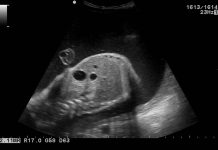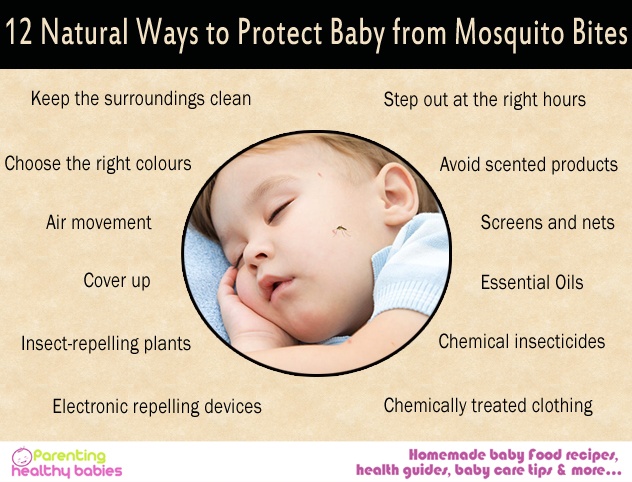As a new parent, you probably wonder how often you should expect your baby to get hungry. You don’t want to starve your baby, nor do you want to overfeed them. For this reason, you want to know how often you should feed the baby. Fortunately, the answer to this question is simple. Expect your baby to get hungry from time to time; hence you should feed them whenever they seem hungry. Keep reading for more information about your baby’s hunger and feeding.
How Do You Know Your Baby Is Hungry?
As far as prematurely born babies are concerned, it’s advisable to stick to the feeding schedule advised by a pediatrician. But for healthy, full-term babies, consider their hunger cues instead of timing. Again, it’s referred to as feeding your baby on demand. Regarding hunger cues, if you notice the following behaviors in your baby, they’re likely to be hungry and require feeding:
- Sticking tongue out
- Licking lips
- Sucking fingers
- Moving their mouth as if they’re searching for breast
- Opening mouth
- Placing their hands on the mouth
- Fussiness
But sometimes, your baby might not always be hungry whenever they place their hands or fingers in their mouth. They do it for comfort or when trying to sleep. In some cases, all the babies need is excellent cuddling to help them fall asleep or feel relaxed. However, if the crying results from a low milk supply, consider incorporating nutritional baby food pouches from a leading baby food company such as Serenity Kids or others to ensure they stay full for longer.
Does Crying Indicate Hunger In Babies?
Yes and no. Since babies might not have a better way of disclosing their feelings, sometimes their best way to do so is by crying. However, hunger isn’t the only reason to make a baby cry. Sometimes, your baby might cry if their diapers are wet or if they’re feeling hot, sick, or sleepy.
If your baby cries due to hunger, they’ve probably been hungry for quite some time, or the breastmilk or nun is no longer filling. In that case, you might want to check out myserenitykids.com and similar sites to learn when to substitute your baby’s drinking formula with something more filling.
Once your baby cries out of hunger, it might take some time before calming them down, even if you feed them. Nevertheless, once you’re there, you must try everything possible to stop the baby from crying and feed them immediately. If your baby continues crying even after feeding and keeping them comfortable, consider seeking professional help to determine the reason behind the crying.
How Much Should You Feed Your Baby?
In the first weeks, you should feed your newborn baby two to three ounces of milk, which is equivalent to 60-90 milliliters per serving. However, depending on your baby’s appetite, you can reduce or increase the amount. Nevertheless, you should avoid force-feeding your child if they’re full since it can cause unhealthy side effects. To help you understand more about how much you should feed your baby depending on age, here’s an overview:
- Mostly, a newborn takes between one and a half and three ounces every two to three hours. But this can vary depending on the baby’s appetite.
- At two months, your baby is likely to drink four to five ounces of milk every four to five hours.
- At four months, the baby can drink up to six ounces of milk in each feeding based on how frequently they eat.
- At six months, your baby can drink up to eight ounces four to five times a day.
Watch for signs indicating they’re full when feeding your baby to avoid overfeeding them. Also, don’t ignore hunger cues even if you’ve just fed the baby since they’re likely to experience frequent hunger as they grow.
When To Feed A Baby Without Hunger Signs
Some babies are always sleeping. You don’t even notice if they’re hungry or not. However, a lack of hunger signs doesn’t mean your baby isn’t hungry. According to nutritionists, a newborn baby requires being fed at least eight times in 24 hours. Therefore, if your baby is always asleep, ensure to wake them up for feeding purposes instead of waiting for them to wake up by themselves. Even if your baby isn’t awake, you’ll be surprised at how well they feed once you place your breast or a feeding bottle in their mouth.
How Often Should You Feed Your Baby?
Newborns and toddlers require feeding whenever they seem hungry. This feeding procedure is referred to as on-demand feeding.
After birth, most babies are more likely to feed after every two to three hours. However, as they age and their tummies can hold a little more milk, they begin feeding after three to four hours. With age, babies get more predictable regarding their feeding routine and might take longer before feeding, especially at night.
Conclusion
How often you should feed your baby depends on several factors. For example, your child’s age affects how frequently and how much you should feed them. Additionally, a heavyweight baby is likely to feel hungry sooner than a lightweight one. Fortunately, they all manifest hunger cues to inform you they need to eat. Regardless of your baby’s age, all you need is to watch out for these signs, and you won’t have any issues determining how often you expect them to be hungry.













